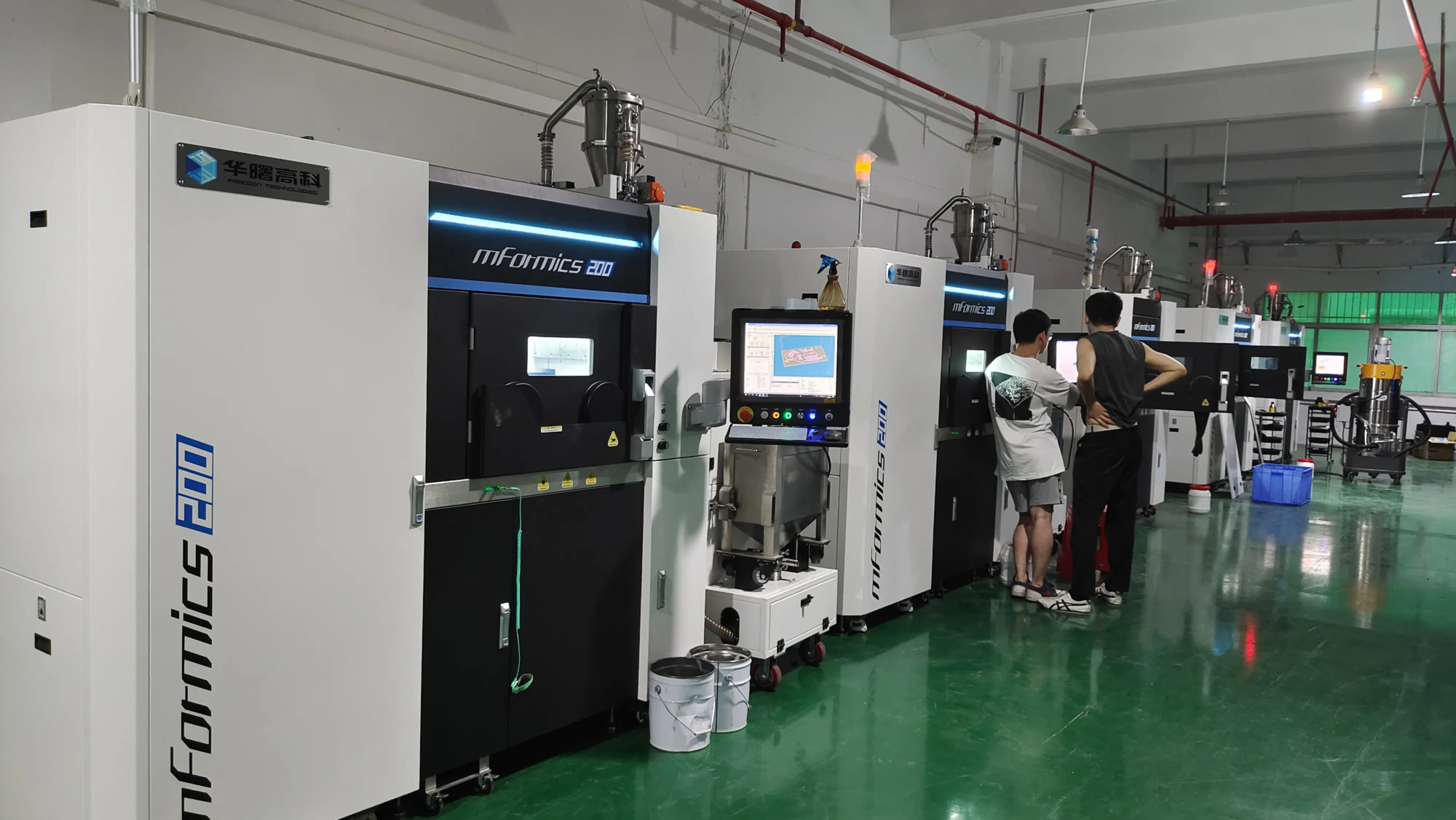It can be said that the US Navy has now become the leader in additive manufacturing in the defense sector.“Large users” are experiencing more and more cases of successful application of 3D printing technology at sea. Now, it can not only solve emergency needs when supply chain problems arise, but also print parts directly at sea to ensure supply at all times. Recently, they achieved a new breakthrough: ADDiTEC announced that the US Navy successfully printed high-strength aluminum alloy parts at sea using liquid metal jet (LMJ) technology.
The aircraft carrier USS San Diego successfully completes its metallization at sea3D printing
Recently, the U.S. Navy integrated ADDiTEC’s ElemX 3 printer on the aircraft carrier USS San Diego, printing high-strength Al-606 aluminum alloy parts on-site for the first time. These finished products have been tested for quality and performance and are fully compliant for their intended use in complex offshore environments.
The high-strength aluminum alloy components deployed this time (especiallyAl-6061) was launched into the sea for the first timeDo 3D printing.Sailors operate a containerized container in offshore conditionsThe ElemX system produces critical components that meet strict quality and performance standards.
This achievement demonstrates the printer’s ability to operate effectively in the specialized environment at sea, laying the foundation for wider adoption of additive manufacturing in naval operations.
aboutADDiTECAndElemX
ADDiTEC, a leader in additive manufacturing solutions, developed the ElemX printer specifically to meet the stringent requirements of naval operations. The machineThe liquid metal injection used (LMJ), the machine is compact in design and includes only basic components such as a cooling system and slicing software, requiring virtually no additional equipment.
The overall build volume of ElemX is 300mm x 300mm x 120mm, and the maximum printing speed canreach0.5 lb/hour,Capable of quickly producing high-precision components, ideal for critical applications.
Director, Naval Postgraduate School, Monterey, California Dr Garth Hobson commented: “The ElemX printer is easy to use and the quality of the printed parts exceeds expectations, significantly improving our ability to maintain and repair equipment at sea.”
This time, ElemX’s ability to print high-strength aluminum alloy parts on demand marks a transformation in the US Navy’s resource management and maintenance methods. The technology not only improves operational readiness and reduces reliance on traditional supply chains, but also provides distributed expeditionary and maritime forces with a strategic advantage in meeting complex logistical challenges.
Wider applications of additive manufacturing in the military domain
In addition to the Elem system, the US Navy has already deployed SPEE3 and Snowbird Technologies 3D printing equipment during the Rim of the Pacific (RIMPAC) military exercise, reducing the delivery time for key components from days to just a few hours.
ExistingDuring the SALVEX exercise in May 2019, SPEE3D’s cold spray equipment was successfully used to print critical metal parts in simulated damage scenarios, demonstrating its potential to rapidly manufacture large metal parts without having to need lasers or inert gases. The exercise demonstrated the adaptability and robustness of its equipment for naval applications.
This time on the aircraft carrier and in the exerciseThe application of 3D printing technology demonstrates the prospects of additive manufacturing in the military field and provides new ideas for improving combat capabilities and increasing supply chain flexibility.





